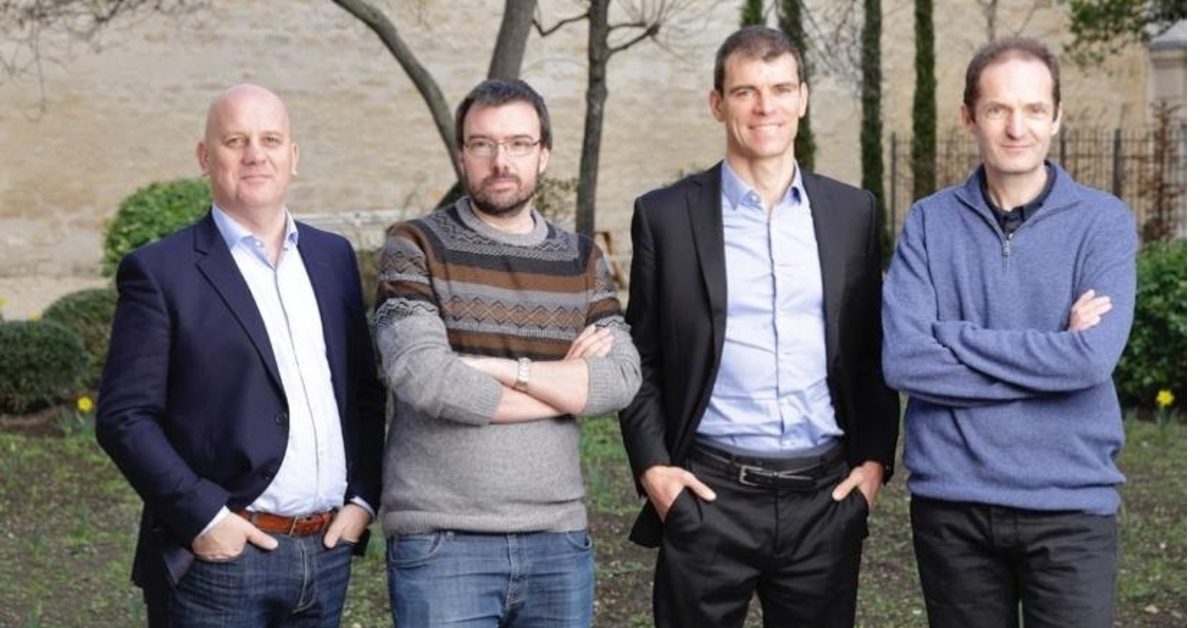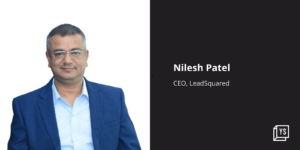Image credits: Pasqal
Quantum computing is an exciting field that combines Physics, Computer Science, Information theory, and Mathematics. The word ‘Quantum’ itself is fascinating enough! The much-hyped field has significantly advanced in the past and is now becoming a major discipline in itself.
The computer built on the quantum mechanics principle can perform high-speed mathematical and logical operations that are deemed unachievable by standard computers.
Here are the ten top international startups shortlisted for the 2021 Future Hamburg Award
To fully realise this revolutionary technology, efforts are being taken at all levels of the system stack, from the creation of quantum algorithms to the development of hardware devices.
Based out of Palaiseau, France, Pasqal is one such startup that’s building programmable Quantum Simulators and Quantum Computers made of 2D and 3D Atomic Arrays.
Raised €25M
Recently, the French company raised €25M funding in Series A funding led by Quantonation with Runa Capital, Daphni, and Eni Next participating. The round also includes a previously announced commitment by the European Innovation Council (EIC) Fund.
Quantonation is the first VC fund dedicated to quantum technologies and innovative physics. Headquartered in Paris, the VC has invested in 13 quantum startups worldwide.
Fund utilisation
The funds will be deployed towards the development of Pasqal’s analog and digital quantum processors and strengthen its applications co-design approach.
Part of the funds will go towards the development of the company’s Quantum Computing-as-a-Service hybrid cloud offering and initiate international expansion.
Georges-Olivier Reymond, CEO of Pasqal, says: “We are very excited to have amazing investors backing us up in our journey to materialize commercial quantum computing advantage in real-life applications. This is wonderful recognition for our highly talented team.”
Building quantum processors
Founded by Dr Antoine Browaeys, Georges-Olivier Reymond, Dr Thierry Lahaye, Christophe Jurczak, and Prof. Alain Aspect in 2019, Pasqal is building quantum computers made of arrays of hundreds of atoms controlled and addressed by laser beams. It is based in Palaiseau and Massy in the South of Paris, France.
To be specific, the neutral atoms trapped in optical tweezers are addressed with laser light with impeccable precision to realise quantum processors on-demand with high connectivity and at an unprecedented scale, above 100 qubits and towards the 1000 qubits threshold.
A qubit is a quantum bit that is similar to a binary digit or a bit of classical computing. Qubit is the basic unit of information in a quantum computer.
Pasqal’s purpose is to bring practical quantum advantage to its customers, in particular in the fields of quantum simulation and optimisation.
Developing full computing stack
The French company has been developing the full computing stack from atomic qubits to software tools to incorporate into third-party programming environments.
As per the company, one quantum computer is already in operation, and two more are in construction. For the application co-design, Pasqal has inked a deal with High-Performance Computing communities in Italy (CINECA) and France (GENCI), and with partner startups and end-users such as utility EDF and financial institutions.
Proof-of-principle experiment
Last month, researchers from Institut d’Optique, CNRS (the French National Centre for Scientific Research) and Pasqal have performed a proof-of-principle experiment demonstrating the storage and release of light excitations in a dense atomic cloud using an effect called subradiance.
“When many atoms are separated by a distance smaller than the emission wavelength, cooperative effects prevent them from decaying to the ground state and photon emission becomes highly suppressed, leading to very long excitation lifetimes,” says the company in the blog.
As a part of this experiment, researchers have recorded the intensity of the light radiated by a cloud of rubidium atoms after laser excitation.
“Due to their long lifetimes, subradiant excitations outlive other states and therefore dominate emission at late times,” say researchers.
On top of that, they have also demonstrated that they can turn off subradiance with another laser pulse. This will improve the fidelity of quantum memories for individual photons, which is a critical milestone in the development of efficient quantum computing.
Loïc Henriet, head of Quantum Software and Applications at Pasqal: “Cooperative effects in light-matter systems are very promising for many applications in quantum technologies. The results obtained in this proof-of-concept experiment are encouraging and will serve as a solid foundation for future technological developments at Pasqal.”
Here’s how to build one that doesn’t, according to this expert…





![Read more about the article [Funding alert] Edtech startup Little Leap raises Rs 2.67 Cr in seed round](https://blog.digitalsevaa.com/wp-content/uploads/2021/07/V-05-1600852077699-300x150.png)




